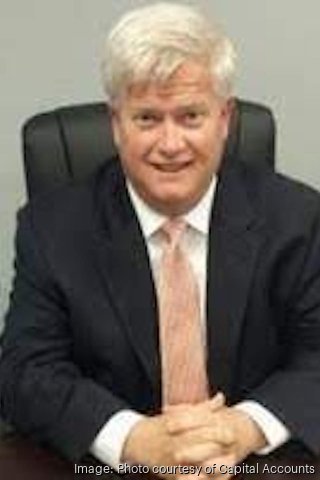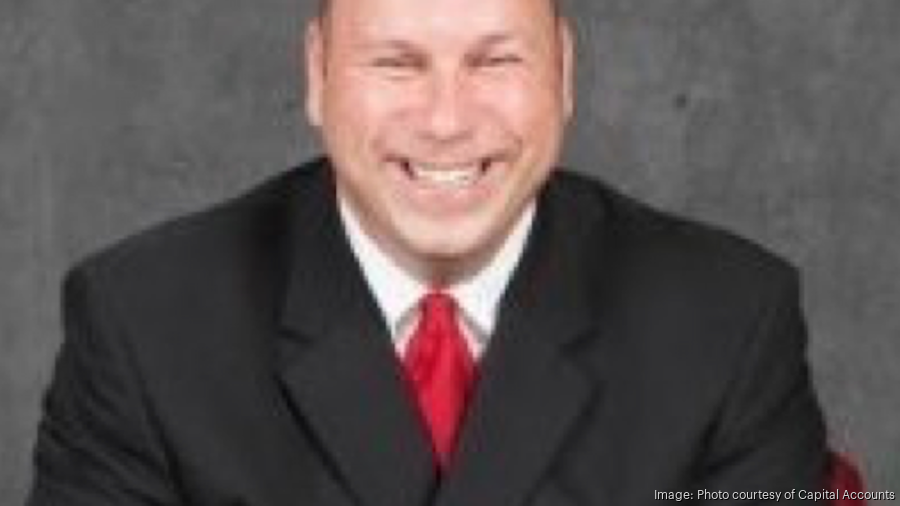Capital Accounts already counts software development firms, real estate companies, utilities, dental offices and doctors as clients.
So, in order for the Franklin-based collections firm to grow, it’s targeting the facilities Middle Tennessee companies operate more than any other in the country — hospitals.
Capital Accounts is aiming to sign six to 15 hospitals in the next 12 months, partner Greg Nowicki said, largely by targeting the nation’s rural hospitals.
While Capital Accounts operates in several industries, the firm has worked in the health care space since its founding in 2003, helping mainly small-to-medium physician practices and dental firms collect unpaid bills. That strategy has helped the firm grow to approximately 200 employees across three call facilities: two in Greater Nashville and one in Pennsylvania.
But Nowicki said Capital accounts is ready to grow to the “next level,” as a large portion of its operation costs are now fixed. He said hospitals present a huge opportunity because of their high percentage of unpaid accounts and because rural hospitals, especially, depend on those funds to keep their doors open and care for their communities.
Health care in America’s rural counties is under threat, with record-high hospital closures in recent years. Tennessee has had 13 rural hospital closures since 2010, according to the Tennessee Hospital Association, the second most in the nation, behind Texas.
“Rural hospitals are not being serviced,” Nowicki said. “I’ve heard numerous times now [from rural hospitals] that nobody will work with them and take on their collections. They’re too small. They’re not too small for us. There’s a big opportunity there.”
To capitalize on that opportunity, Nowicki said Capital Accounts expects to hire 50 to 70 new employees within the next two years.
National Director of Business Development Malone Johnson, one of Capital Accounts’ most recent hires, is leading the firm’s expansion into hospital collections. He said with the addition of hospitals and health systems, as well as new banking clients, he expects Capital Accounts’ annual revenue to grow to $200 million in the next five years. The company declined to disclose its current revenue numbers.

“I’m going to draw a 300-mile radius around Nashville, and my goal is to be in front of every [chief financial officer] of every hospital and every bank in the next six months,” Johnson said. “What we’re looking for is explosive growth, and it’s there. … It’s like drilling for oil — the oil is there, you just have to go get it.”
Nowicki said one of the things that separates Capital Accounts is its investments in technology, which he said is “ahead of the curve.”
The company’s platform has a chat function that enables consumers to negotiate payments via chat, instead of talking on the phone. The company also uses speech analytics to review calls and train agents on how to diffuse tense situations and create more positive interactions with customers. Nowicki said training agents to remain calm and to be understanding on the phone, as opposed to aggressively trying to collect debts, actually results in higher collection rates.
Now, he’s hoping the firm’s new hospital strategy will bring with it a higher level of notoriety.
“That’s one of the reasons we brought Malone on board is name recognition, our branding, our culture. ...We’re not there yet,” Nowicki said. “It’s important that the community knows who we are and it’s time we got involved with the community. …We want the community to know who their hometown agency is that’s been around for 18 years.”




